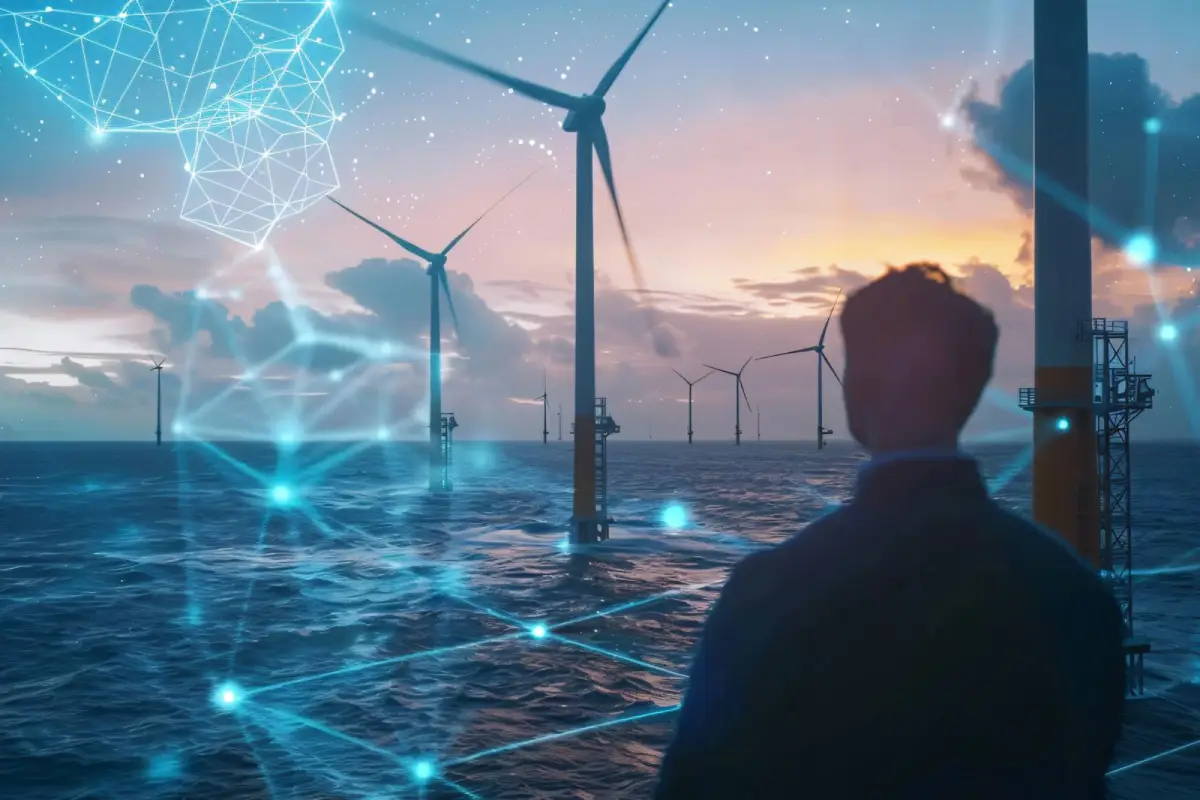The tourism and hospitality industry faces distinct challenges that necessitate innovative solutions to enhance guest experiences, operational efficiency, and customer engagement. Next-generation technologies such as Artificial Intelligence (AI), IoT sensors, Machine Learning (ML), automation, chatbots, and Large Language Models (LLMs) can address these challenges effectively. This article outlines the key challenges in the tourism and hospitality industry, tailored IT solutions, and detailed case studies with cost-benefit analysis, including real-time data integration and analytics.
In-House Engineers
Customer Satisfaction
We Have Completed
Client’s Reviews
Key Challenges in the Tourism & Hospitality Industry
- Personalized Guest Experiences
- Operational Efficiency
- Customer Engagement and Retention
- Revenue Management
- Sustainability
- Safety and Security
Tailored IT Solutions
- AI and Machine Learning for Personalized Guest Experiences
- IoT Sensors for Operational Efficiency
- Chatbots and LLMs for Customer Engagement and Retention
- AI and ML for Revenue Management
- Automation for Sustainability Initiatives
- AI and IoT for Safety and Security

AI and Machine Learning for Personalized Guest Experiences
Challenge
- Delivering personalized experiences to guests to enhance satisfaction and loyalty.
Solution
- Implement AI and ML algorithms to analyze guest preferences and behavior to deliver personalized services and recommendations.
Cost-Benefit Analysis
- Initial Cost: $1,500,000
- Annual Maintenance: $300,000
- Annual Savings: $1,500,000 (from increased bookings and guest loyalty)
- ROI Period: 1 year
Case Study: Marriott’s AI-Driven Personalization Platform
Implementation
- AI and ML models to analyze guest data and personalize services and recommendations.
Cost
- Initial setup cost of $1,500,000, with annual maintenance of $300,000.
Benefit
- Increased guest satisfaction by 30%.
- Improved guest loyalty and repeat bookings by 25%.
- Enhanced overall guest experience.
IoT Sensors for Operational Efficiency
Challenge
- Enhancing operational efficiency in hotels and resorts.
Solution
- Deploy IoT sensors to monitor and manage energy usage, maintenance needs, and other operational aspects in real-time.
Cost-Benefit Analysis
- Initial Cost: $1,000,000
- Annual Maintenance: $200,000
- Annual Savings: $800,000 (from reduced energy and maintenance costs)
- ROI Period: 1.5 years
Case Study: Hilton’s IoT-Enabled Smart Hotel System
Implementation
- IoT sensors for real-time monitoring and management of hotel operations.
Cost
- Initial setup cost of $1,000,000, with annual maintenance of $200,000.
Benefit
- Reduced energy costs by 20%.
- Improved maintenance efficiency by 25%.
- Enhanced overall operational efficiency.
Chatbots and LLMs for Customer Engagement and Retention
Challenge
- Providing efficient and personalized customer support and engagement.
Solution
- Develop chatbots and LLMs to handle guest inquiries, provide recommendations, and assist with bookings.
Cost-Benefit Analysis
- Initial Cost: $600,000
- Annual Maintenance: $120,000
- Annual Savings: $600,000 (from reduced support costs and improved guest satisfaction)
- ROI Period: 1 year
Case Study: Hyatt’s AI Chatbot for Guest Engagement
Implementation
- AI-powered chatbot for customer support and engagement.
Cost
- Initial setup cost of $600,000, with annual maintenance of $120,000.
Benefit
- Improved guest satisfaction by 25%.
- Reduced call center volume by 35%.
- Enhanced guest interaction and support efficiency.
AI and ML for Revenue Management
Challenge
- Monitoring and reducing the environmental impact of oil and gas operations.
Solution
- Use AI and ML to analyze data from IoT sensors and monitor environmental impact in real-time.
Cost-Benefit Analysis
- Initial Cost: $1,200,000
- Annual Maintenance: $240,000
- Annual Savings: $1,500,000 (from increased revenue and occupancy rates)
- ROI Period: 1 year
Case Study: Accor’s AI-Powered Revenue Management System
Implementation
- AI and ML models for dynamic pricing and revenue management.
Cost
- Initial setup cost of $1,200,000, with annual maintenance of $240,000.
Benefit
- Increased revenue by 20%.
- Improved occupancy rates by 15%.
- Enhanced overall profitability.
Automation for Sustainability Initiatives
Challenge
- Implementing sustainability initiatives to reduce environmental impact.
Solution
- Use automation to monitor and control energy usage, waste management, and other sustainability practices.
Cost-Benefit Analysis
- Initial Cost: $800,000
- Annual Maintenance: $160,000
- Annual Savings: $700,000 (from reduced energy and waste management costs)
- ROI Period: 1.5 years
Case Study: InterContinental Hotels Group’s Automated Sustainability Platform
Implementation
- Automation tools for energy management, waste reduction, and sustainability monitoring.
Cost
- Initial setup cost of $800,000, with annual maintenance of $160,000.
Benefit
- Reduced energy consumption by 25%.
- Improved waste management efficiency by 20%.
- Enhanced overall sustainability practices.
AI and IoT for Safety and Security
Challenge
- Ensuring the safety and security of guests and staff.
Solution
- Implement AI and IoT technologies to monitor security systems, detect anomalies, and respond to emergencies in real-time.
Cost-Benefit Analysis
- Initial Cost: $1,500,000
- Annual Maintenance: $300,000
- Annual Savings: $1,200,000 (from improved security and reduced incidents)
- ROI Period: 1.5 years
Case Study: Four Seasons’ AI-Driven Security System
Implementation
- AI and IoT models to monitor security cameras, detect anomalies, and manage emergency responses.
Cost
- Initial setup cost of $1,500,000, with annual maintenance of $300,000.
Benefit
- Improved security response times by 30%.
- Reduced security incidents by 20%.
- Enhanced overall safety and security for guests and staff.
Conclusion
Integrating AI, IoT, ML, automation, chatbots, and LLMs in the tourism and hospitality industry addresses critical challenges and opens up new opportunities for growth and efficiency. The detailed case studies and cost-benefit analyses demonstrate the significant potential of these technologies to enhance personalized guest experiences, operational efficiency, customer engagement, revenue management, sustainability, and safety. By leveraging these next-generation solutions, the tourism and hospitality industry can become more resilient, efficient, and future-ready, ultimately leading to improved operational performance and guest satisfaction.




